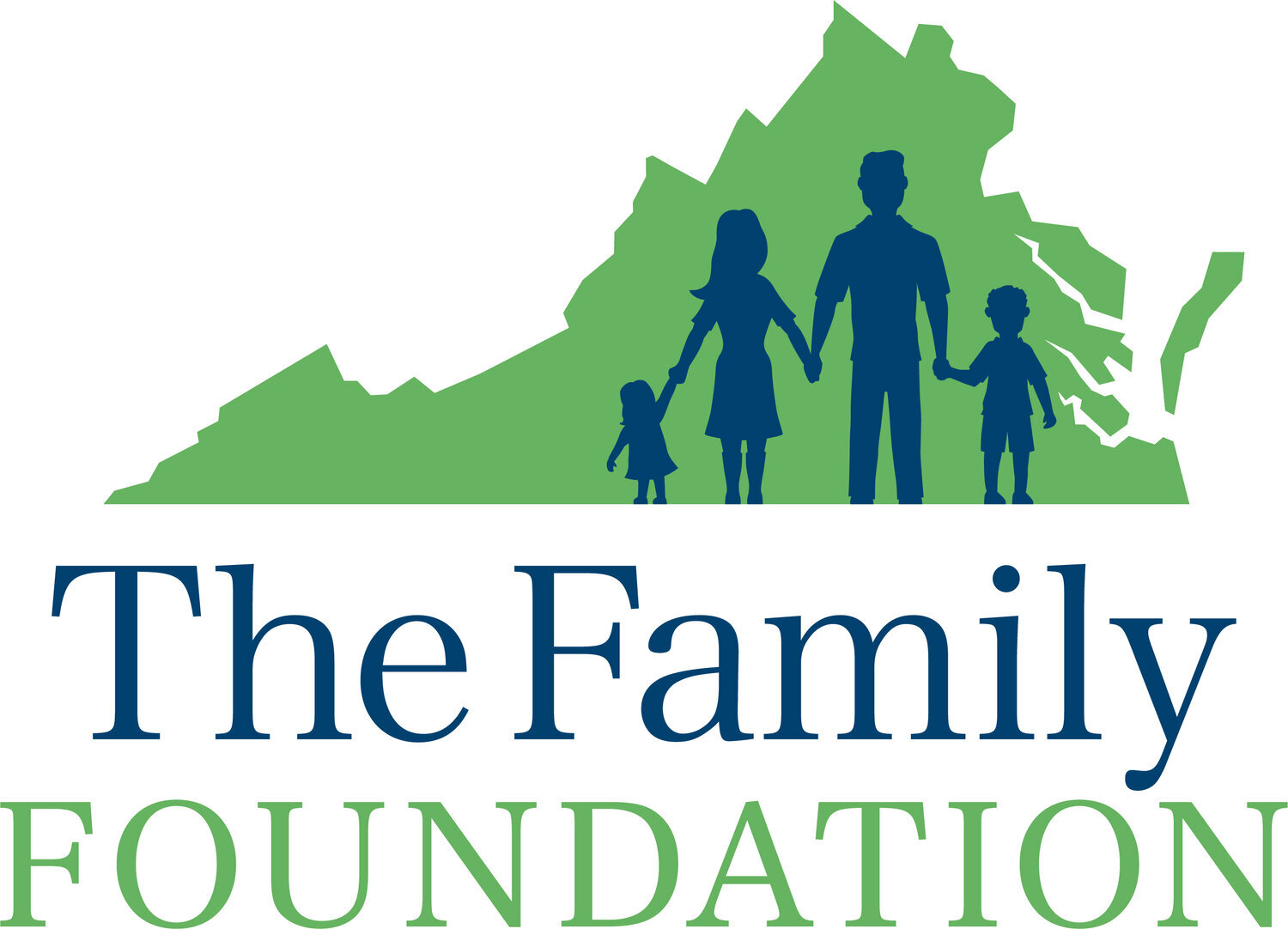Virginia is Leading the Way in Protecting Faith-Based Organizations
I was proud of the Commonwealth of Virginia last week. Unfortunately, we don’t get to say that a lot these days.
During a panel discussion on religious liberty protections for faith-based foster care and adoption placement agencies in Washington D.C., a representative from Kansas said they used Virginia’s religious conscience statute as a model for their own legislation to provide religious protections for organization’s and allow them to continue placing foster and adoptive children with a mom and a dad who share their beliefs about marriage. The Family Foundation played a central role in helping lawmakers pass Virginia’s religious conscience legislation in 2012.
Virginia’s conscience clause for foster care and adoption placement agencies allows private agencies to deny or approve placements based on religious or moral reasoning, and it prevents the state from rejecting the private placement agency’s license because of its religious or moral positions (see § 63.2-1709.3 of the Code of Virginia). Without these protections, organizations with deeply held religious convictions would be excluded from Virginia’s foster care system.
More importantly, without these protections 5,370 children in Virginia’s foster care system, including over 700 children ready for adoption, could be without a home because exclusion of these faith-based agencies dilutes the pool of available foster parents who can provide a loving home.
Many states do not have religious liberty protections for these types of organizations, and as a result they are faced with a dilemma - either ignore their religious convictions and continue operating, or stop contracting with the government to provide foster care and adoption placement services and close their doors for good.
This is exactly what occurred in the City of Philadelphia, formerly a beacon of independence and religious liberty, which terminated the contracts of two prominent faith-based agencies on the grounds that their traditional Christian values violated the city’s Fair Practices Ordinance, which prohibits discrimination by contractors on the basis of “sexual orientation.” The decision to terminate the contracts was in response to a complaint filed by a same-sex couple that was denied a placement by one of the agencies because their lifestyle was deemed to be contrary to the organization’s deeply held religious beliefs on marriage, which ensures children will have the benefit of a married mom and a dad.
A U.S. District Court Judge in Pennsylvania upheld Philadelphia’s decision, ruling that “DHS and Philadelphia have a legitimate interest in ensuring that the pool of foster parents and resource caregivers is as diverse and broad as the children in need of foster parents and resources.” In other words, the court favored the diversity of the foster parents more than respecting the constitutionally protected religious beliefs of qualified foster care and adoption organizations, even though its decision would actually guarantee fewer foster parents, fewer resources, and a less diverse pool of caregivers.
So much for the free exercise of religion…and common sense.
Thankfully, cases like this have been prevented in Virginia because of its strong religious conscience protections for faith-based foster care and adoption placement agencies. However, this will not likely stop the ACLU and other left-wing groups, emboldened by the Supreme Court’s redefinition of marriage, from collectively seeking to remove any barriers they deem to be a threat to their efforts to redefine the family unit. Claire Gastanaga, Executive Director for ACLU of Virginia, makes this clear when she wrote that all foster children deserve forever homes regardless if it is with a “single parent, two moms or two dads, or another kind of family unit.” Ergo, a family with one mom and one dad is now viewed as just “another kind of family unit.”
For the time being, let’s take delight in knowing that there is religious liberty in Virginia, but let’s also remain vigilant in our defense of it.
